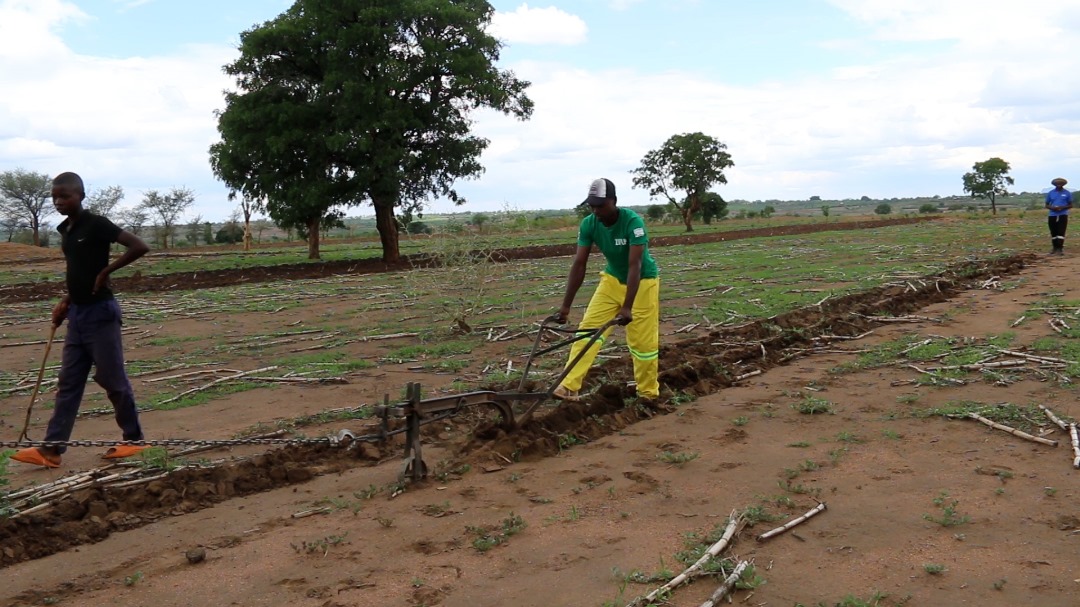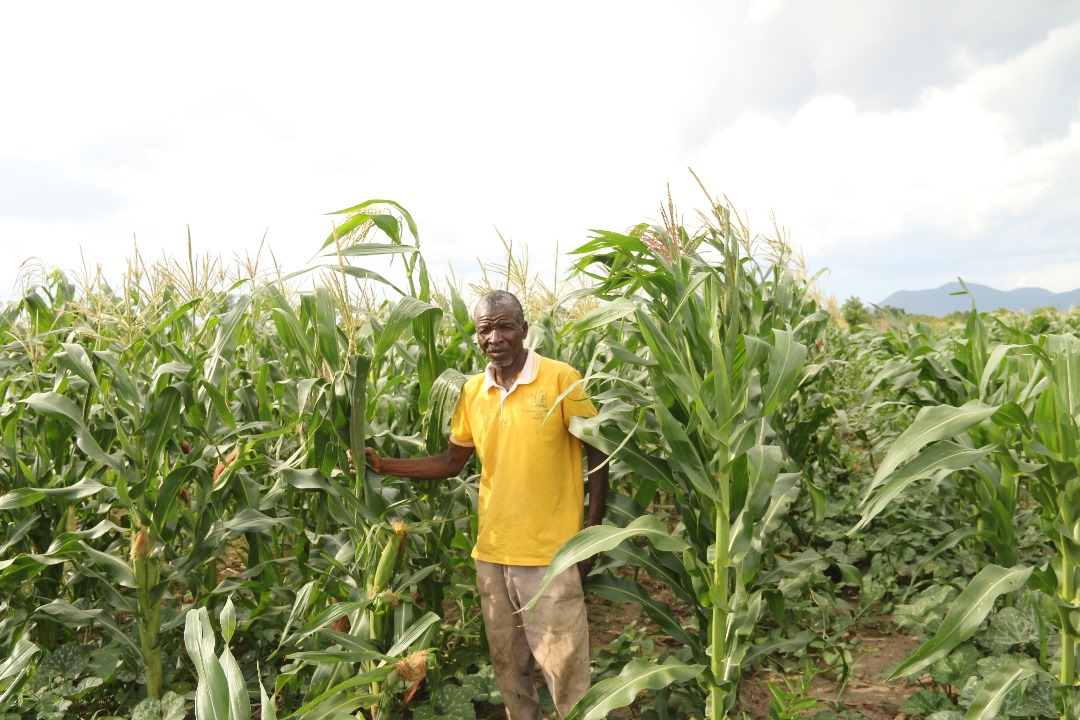About 73,052 farmers in eastern Province have adopted to improved agriculture technologies, with women constituting 44% under the Zambia the former Zambia Integrated Forest Landscape Project (ZIFLP).
Eastern Province Agriculture Coordinator Adreen Nansungwe said the high number of women involved signifies a significant step towards gender inclusion in climate change adaptation and a transformative impact of ZIFLP in promoting sustainable farming practices.
Ms Nansungwe noted that the project was a game changer for farmers in the region as it had not only enhanced productivity but also mitigated the adverse effects of climate change.
She said the technologies introduced under ZIFLP had focused on enhancing productivity, conserving the environment which included conservation farming, agroforestry, improved seed varieties, irrigation techniques and soils and water conservation measures.
Among the beneficiaries is Stanley Mbewe, a farmer from Katete District practicing irrigation new techniques like drip irrigation. His testimony is there for all to see.
Mr Mbewe explained that before participating in the ZIFLP training, he had relied solely on rain-fed agriculture, which left him vulnerable to adverse weather patterns and poor yields.
He said through the program’s comprehensive training sessions, he learned advanced irrigation techniques that have since revolutionized his farming operations.
And Eastern Province Jurisdictional sustainable landscape program (EP-JSLP) Noel Muchimba said ZIFLP had laid a foundation for the EP-JSLP.
Mr Muchimba said by building on the successes of ZIFLP the new programme would seek to reduce greenhouse gas emissions caused by unsustainable land management practices such as deforestation and soil degradation.
“The adoption of climate smart agriculture technologies has positioned farmers as key players in achieving reduction of greenhouse gas.
The ZIFLP which was implemented from 2018 to 2024 had empowered communities, promoted sustainable farming practices, and enhanced food security across the region.
The success of ZIFLP underscores the importance of integrating sustainable practices in agriculture to combat climate change, improve food security, and uplift communities.



